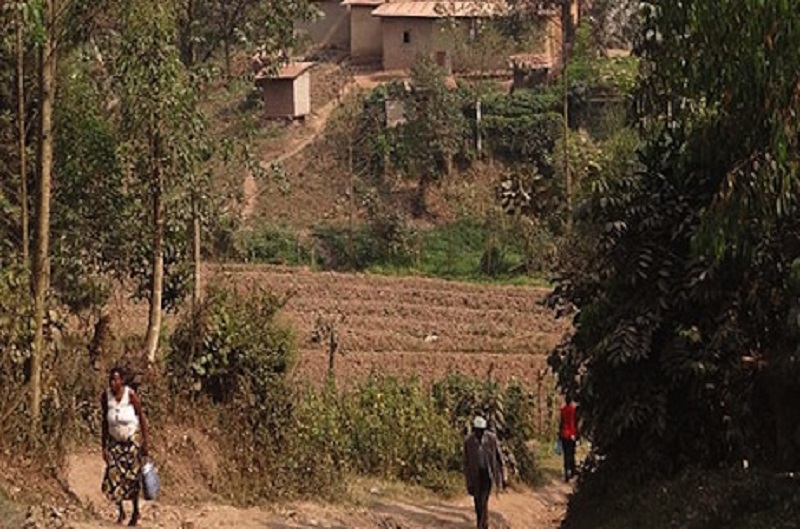
The increasing urbanisation of rural areas in sub-Saharan Africa could lead to an explosion in incidences of heart disease and diabetes, according to a new study.
The increasing urbanisation of rural areas in sub-Saharan Africa could lead to an explosion in incidences of heart disease and diabetes, according to a new study carried out in Uganda which found that even small changes towards more urban lifestyles was associated with increased risk of cardiovascular and metabolic diseases.
Over 530 million people live in rural areas of sub-Saharan Africa, where rates of cardiovascular and metabolic diseases tend to be much lower than in urban areas. However, many of these areas are becoming increasingly urbanised, with people living within larger populations in more built-up environments, with better access to education, health facilities and utilities, for example.
In an attempt to better understand the impact that urbanisation is having on communities, a team of researchers from the University of Cambridge, the Medical Research Council/Uganda Virus Research Institute Uganda Research Unit on AIDS, and Deakin University in Australia analysed data from 7,340 people aged 13 years and above across 25 villages in Uganda. Each individual was allocated an ‘urbanicity score’ and this was compared to their lifestyle risk factors, such as alcohol consumption, fruit and vegetable consumption, body mass index (BMI) and physical activity. The results are published in the journal PLOS Medicine.
Dr Manjinder Sandhu from the Department of Public Health and Primary Care at the University of Cambridge, joint senior author of the study, says: “Over half a billion people live in rural areas across sub-Saharan Africa. We need to understand how the health of these populations will change as the areas develop and become more urbanised to enable countries to plan future healthcare programmes and develop interventions to reduce this risk.”
The researchers found that levels of urbanicity varied markedly across the villages, ranging from those without educational facilities or electricity in households, to villages with a public telephone and a dispensary. However, despite the features of urbanisation being relatively modest, living in more urban villages was associated with increased prevalence of cardiovascular disease risk factors such as physical inactivity, low fruit and vegetable consumption, heavy drinking and high body mass index, even after controlling for other factors such as socioeconomic status.
Johanna Riha [2011], first author and a Gates Cambridge Scholar at the University of Cambridge, says: “Development in rural areas will provide people with much needed access to education, healthcare and improved sanitation, with very positive health benefits. But it could be a double-edged sword and come at a cost of a greater incidence of diseases such as heart disease and diabetes.”
Professor Janet Seeley, joint senior author from the London School of Hygiene and Tropical Medicine, adds: “Even a small increase in a person’s level of urbanicity appears to be associated with poorer lifestyle choices that raise their risk of cardiovascular and metabolic diseases. As better infrastructure, education and healthcare systems are being developed, we should look for ways to use them to provide an opportunity to design and deliver interventions to help reduce the risk of these diseases.”
The study was supported in part by the African Partnership for Chronic Disease Research.
Picture credit: Wikimedia Commons and Adam Jones.












